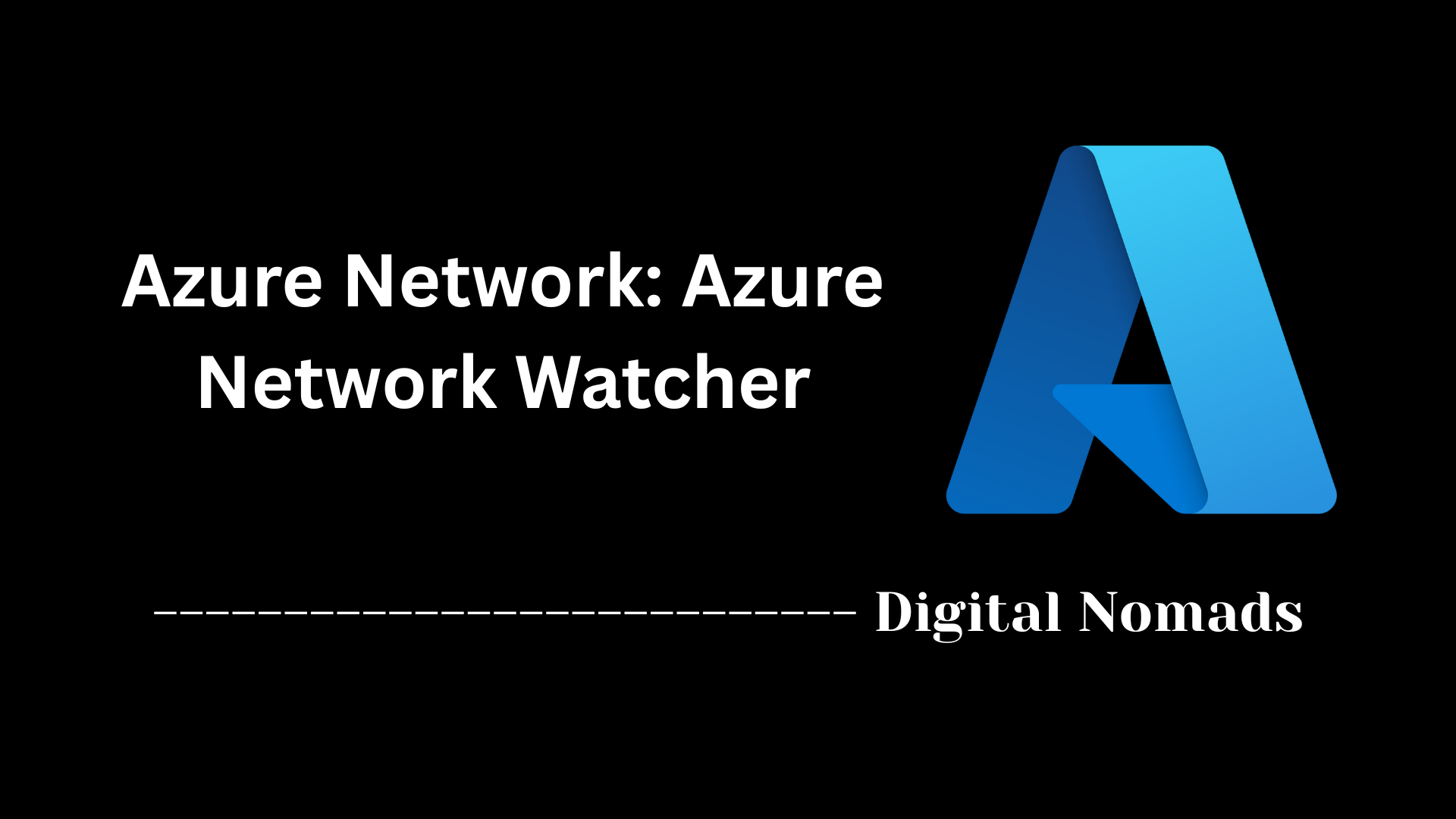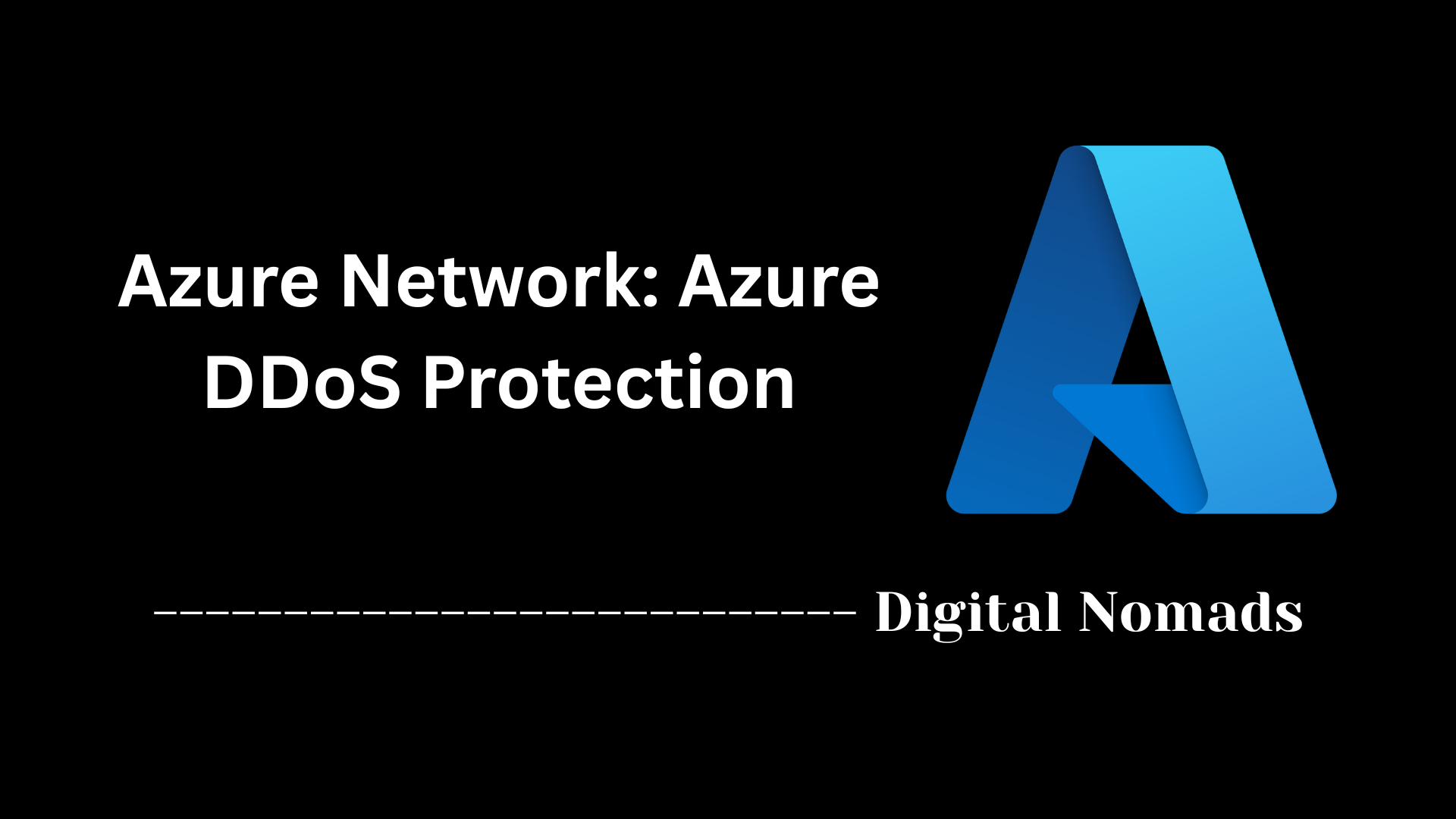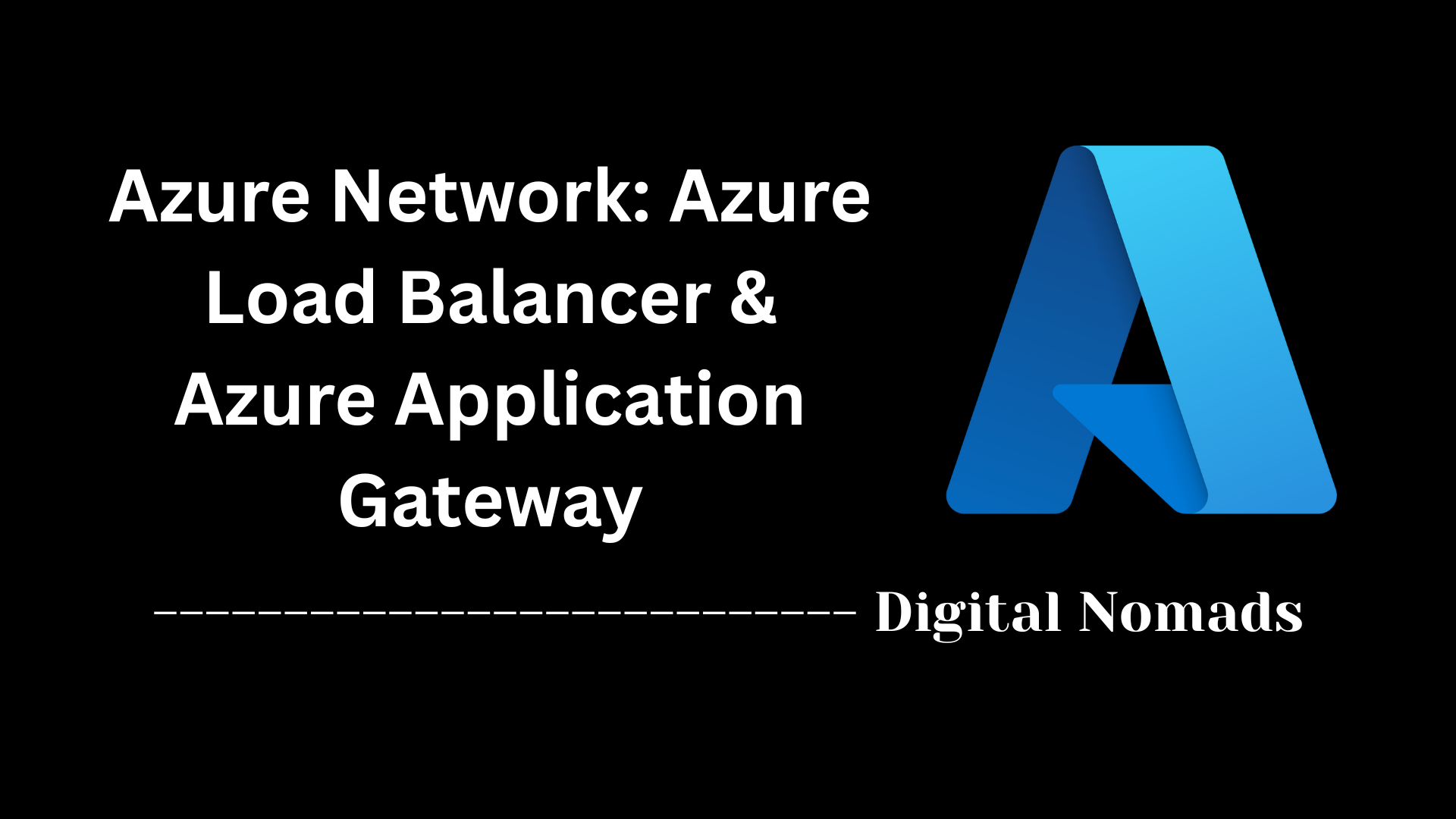Table of Contents
- Overview
- Key Terms
- Feature Summary Table
- Example Scenarios
- Best Practices
- Related Services
- Troubleshooting & Further Reading
- Conclusion
Azure Network: Azure DNS Overview
What is Azure DNS?
Azure DNS is a fully managed domain name system (DNS) service provided by Microsoft Azure. It enables organizations to host their DNS domains in Azure, allowing them to manage DNS records using the same credentials, tools, and billing as other Azure services. By leveraging Microsoft’s global infrastructure, Azure DNS delivers highly available, scalable, and secure name resolution for both public (internet-facing) and private (internal virtual network) domains.
Why You Need to Know About Azure DNS
- Centralized DNS Management: It streamlines domain management by providing a single pane of glass for DNS alongside other Azure resources.
- Improved Reliability and Performance: Azure DNS uses Microsoft’s global, redundant network to provide fast, resilient query responses, reducing downtime and latency for users and applications.
- Integrated Security and Compliance: With features like Azure Role-Based Access Control (RBAC), auditing, and integration with Azure Monitor, you gain granular control and visibility over DNS changes and access.
- Flexibility for Diverse Workloads: Azure DNS supports both public DNS zones (for internet-facing applications) and private DNS zones (for internal service discovery across Azure virtual networks and hybrid cloud environments).
- Seamless Integration: It connects easily with other Azure networking services, such as Traffic Manager for global routing, Private Link for secure PaaS access, and DNS Private Resolver for hybrid DNS scenarios.
How Azure DNS Works
- DNS Zones: When you create a DNS zone (public or private) in Azure, you organize a segment of the DNS namespace to host records for your domain.
- DNS Records: Within each zone, you add records—such as A (address), CNAME (alias), MX (mail exchange), and more—that define how DNS queries for your domain are answered.
- Public DNS: For public zones, Azure DNS responds to DNS queries from anywhere on the internet using Microsoft’s authoritative DNS servers. You must delegate the domain at your registrar to the Azure DNS-provided name servers.
- Private DNS: For private zones, Azure DNS provides name resolution within your designated Azure virtual networks. It supports auto-registration of virtual machine names and cross-network discovery.
- Advanced Features:
- DNS Private Resolver: Securely bridges DNS queries between Azure and on-premises environments, simplifying hybrid cloud name resolution.
- Integration with Azure Services: Easily link with tools like Azure Portal, CLI, and REST APIs for automation, as well as with monitoring and alerting solutions for operational visibility.
- High Availability: The service is distributed across multiple global locations, ensuring robust failover and continuous availability for mission-critical workloads.
By using Azure DNS, organizations benefit from a modern, resilient, and integrated solution for both internal and external name resolution, crucial for reliable cloud networking and streamlined operations.
Key Terms
This section defines the core terminology you’ll encounter when working with Azure DNS services in your Azure network architecture:
- Azure DNS: A DNS hosting service from Microsoft Azure that allows you to manage DNS records using Azure’s global infrastructure for high availability and performance.
- DNS Zone: A segment of the DNS namespace that contains DNS records for a domain. Azure supports both Public (internet-accessible) and Private (internal Azure only) DNS zones.
- Public DNS Zone: Used for domains that must be accessible on the public internet. Provides DNS record management but does not register the domain name itself.
- Private DNS Zone: Used for internal name resolution inside Azure virtual networks. Enables seamless private connectivity and service discovery within and across virtual networks.
- DNS Record: Entries created within a DNS zone to map hostnames to IP addresses or other data, such as A, CNAME, MX, and NS records.
- DNS Resolver: A service that translates domain names into IP addresses. Azure offers DNS Resolvers and a managed DNS Private Resolver service for hybrid and on-premises integration scenarios.
- Azure Traffic Manager: A global traffic distribution platform that uses DNS to direct client requests to the best-performing or closest endpoint across Azure regions.
Feature Summary Table
This table compares the capabilities of Azure DNS features: Public DNS Zones, Private DNS Zones, and the DNS Private Resolver.
| Feature | Public DNS Zone | Private DNS Zone | DNS Private Resolver |
|---|---|---|---|
| Name Resolution Scope | Internet / Global | Azure VNets (internal only) | Azure + On-prem (hybrid) |
| Automatic VM Registration | ❌ No | ✅ Yes | ✅ Yes (with private zones) |
| Domain Purchase Included | ❌ No | ❌ No | ❌ No |
| Record Management Tools | Portal, CLI, ARM, API | Portal, CLI, ARM, API | Portal, CLI, ARM, API |
| Supports Conditional Forwarding | ❌ No | ❌ No | ✅ Yes |
| Works Across Virtual Networks | ❌ Only via custom configs | ✅ With links or auto-registration | ✅ Yes |
Example Scenarios
Below are practical scenarios where Azure DNS provides crucial value in modern network architectures:
-
Hosting a Public Domain in Azure:
Use Azure DNS to host and manage DNS records for an internet-facing domain—like contoso.com. Create DNS records in an Azure public DNS zone and direct traffic globally to your web servers, ensuring reliability and low latency without third-party DNS hosting. -
Internal Name Resolution for Azure Resources:
Leverage Private DNS zones in Azure to resolve names within a virtual network (VNet) or across peered VNets. Virtual machines and services can communicate using easy-to-remember domain names (e.g., vm1.internal.contoso.com) instead of private IP addresses, with new VMs auto-registered for seamless internal service discovery. -
Split-Horizon DNS for Applications:
Configure both Public and Private DNS zones with the same name (e.g., app.contoso.com). External clients resolve to public IP addresses, while internal Azure clients resolve to private IPs—allowing public and internal versions of the same application using a single, consistent domain[1]. -
Hybrid and On-Premises Integration:
With DNS Private Resolver, enable secure, automatic DNS resolution between on-premises networks and Azure private domains—eliminating manual DNS forwarding or custom VMs. This is ideal for hybrid cloud setups requiring cross-environment connectivity[2]. -
Disaster Recovery and Load Balancing:
Integrate Azure Traffic Manager with Azure DNS to direct user requests to the nearest or healthiest endpoint, increase application availability, and enable geographic failover in case of a regional outage[6].
Best Practices
For secure, reliable, and efficient use of Azure DNS in your network architecture, consider these best practices:
-
Plan your DNS zone structure thoughtfully:
Use separate public and private DNS zones for internet-facing and internal domains. Name private DNS zones clearly for easy resource management. -
Leverage Azure Private DNS for internal resolution:
Simplify connectivity and automate VM record management by linking Private DNS zones to all relevant virtual networks. -
Delegate public DNS zones externally:
Update your domain registrar’s name server records to point to Azure DNS. This ensures DNS queries for your domain are routed through Azure’s resilient services. -
Secure access with RBAC:
Use Azure Role-Based Access Control (RBAC) to restrict who can edit DNS zones and records, reducing the risk of accidental or malicious changes. -
Monitor DNS activity:
Integrate Azure Monitor to track query volumes, record changes, and alerts. This enables proactive troubleshooting and helps identify unusual activity. -
Consider DNS Private Resolver for hybrid needs:
Use DNS Private Resolver to securely bridge name resolution between on-premises environments and Azure without custom VM DNS forwarders. -
Review and test DNS changes:
Always validate new records, zone delegations, or resolver policies using independent DNS tools to confirm correct propagation and resolution. -
Document configurations and policies:
Maintain up-to-date documentation of DNS zones, record types, linked VNets, and governance procedures to streamline audits and onboarding.
Related Services
Azure DNS is often integrated with other Azure networking and connectivity services for broader functionality and security. Here are several related Azure services to consider in your architectures:
-
Azure Virtual Network (VNet):
The foundational building block for private networking in Azure. DNS zones—especially private DNS zones—are directly linked to VNets, enabling seamless private name resolution between resources. -
Azure Private Link:
This service lets you privately access supported Azure PaaS services over a VNet using private endpoints. Integrates with Azure DNS, allowing you to resolve services using custom or default DNS zones. -
Azure ExpressRoute:
A dedicated, private connection between your on-premises infrastructure and Azure datacenters. ExpressRoute enables hybrid scenarios combined with Azure DNS and DNS Private Resolver. -
Azure Active Directory (Azure AD):
While not a DNS service, Azure AD underpins identity management and can work in tandem with DNS for secure resource access and conditional policies. -
Azure Firewall & Network Security Groups (NSGs):
To enhance DNS security, control DNS traffic flow using Azure Firewall rules or NSG policies—especially important when using private DNS zones and resolvers. -
Azure Traffic Manager:
Integrates natively with Azure DNS for DNS-based global load balancing, directing users to the best-performing or closest endpoint. -
Azure Monitor:
Use this service to track DNS query metrics, configure alerts, and monitor the health and performance of your DNS infrastructure.
Troubleshooting & Further Reading
For successful deployment and ongoing maintenance of Azure DNS, consult these troubleshooting tips and authoritative references:
-
Common DNS Troubleshooting Steps:
- Verify that DNS records are correctly created and updated in your Azure DNS zones.
- Check if the correct name servers are delegated at your domain registrar for public zones.
- For private DNS, ensure that virtual networks are properly linked to the private DNS zone and that automatic registration is enabled where needed.
- Use DNS resolution test tools like
nslookupordigfrom both internal Azure VMs and external clients to confirm correct responses. - Monitor Azure activity logs and audit logs for unauthorized or accidental record changes.
-
Troubleshooting Hybrid and DNS Private Resolver Issues:
- Confirm correct configuration of DNS forwarding and conditional forwarding rules in Azure DNS Private Resolver.
- Ensure firewall or NSG rules do not block DNS traffic on required ports between Azure and on-premises environments.
- For hybrid connectivity, validate connectivity over ExpressRoute or VPN and that private DNS zones are accessible from both sides.
-
Further Reading & Reference Materials:
- Official Azure DNS Troubleshooting Guide
- Azure DNS Overview
- Azure Private DNS Documentation
- Azure DNS Private Resolver Documentation
- Hybrid DNS with Azure Private Resolver (Architecture Guide)
- Search the official Microsoft Q&A Forums for Azure DNS to get community help with troubleshooting scenarios.
Conclusion
Throughout this blog post, we explored the essential elements and practical advantages of Azure DNS as a core part of Azure’s networking ecosystem.
Key takeaways:
- Azure DNS is a fully managed, global DNS service that delivers reliable and performant name resolution for both public and private domains hosted on Azure.
- You can easily manage DNS records—such as A, CNAME, MX, and more—using familiar tools across the Azure Portal, CLI, and infrastructure as code.
- Public and private DNS zones simplify management across external-facing workloads and internal virtual networks, enabling seamless integration and service discovery.
- Built-in high availability and low-latency response times support global scalability and consistent performance as your application or infrastructure grows.
- Support for hybrid architecture and private name resolution makes Azure DNS a strong fit for enterprise and cloud-native networking environments.
- Identity and access control with RBAC, along with built-in monitoring and logging, help secure your DNS configuration and maintain operational visibility.
By adopting Azure DNS as part of your overall network strategy, you're strengthening your cloud foundation with a secure, scalable, and highly available name resolution service.
Thanks for reading—see you in the cloud!




